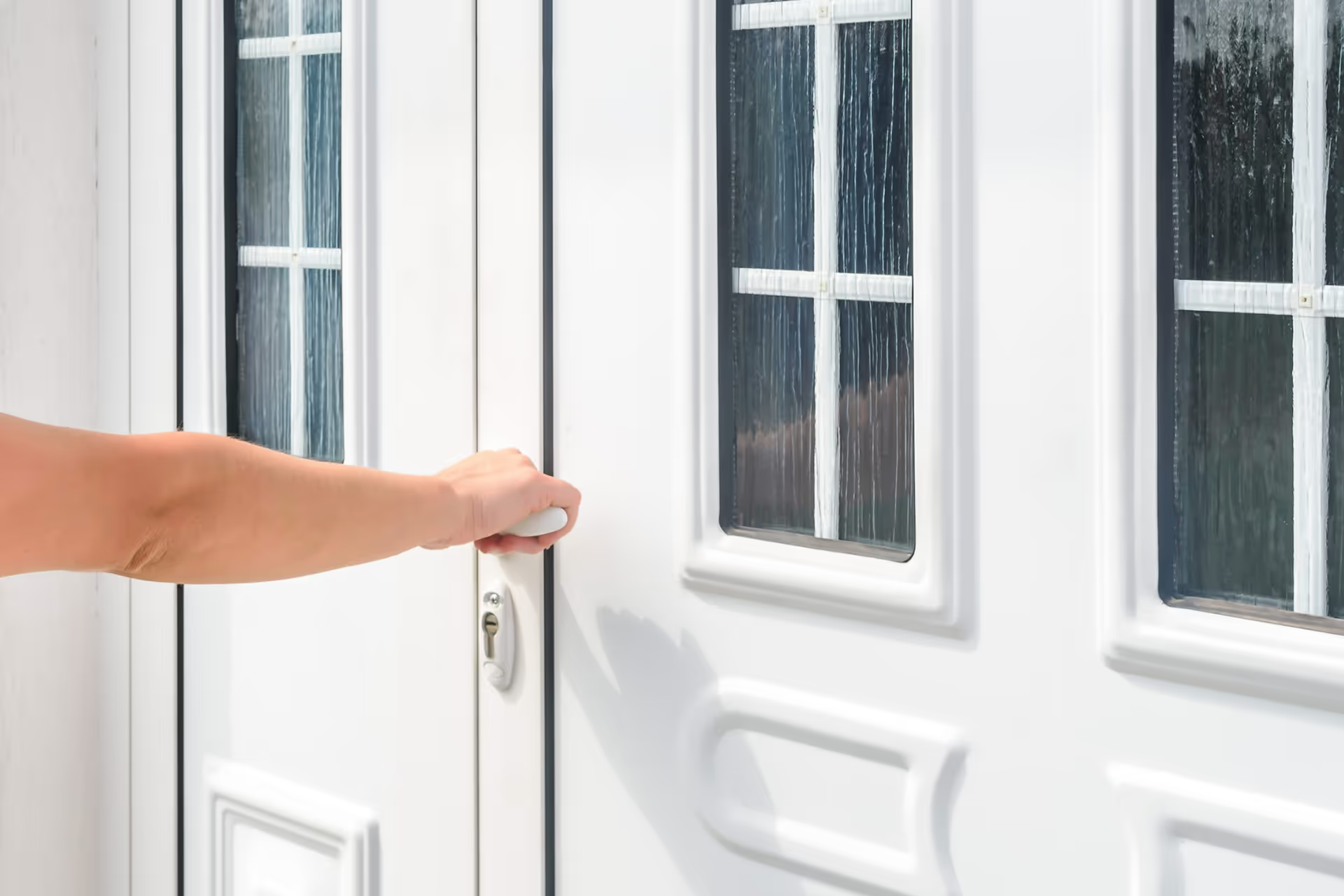Sound is not necessarily a bad thing, but it becomes a nuisance when you are unable to control it, at which point it becomes noise. Loud and unusual sounds at the wrong place and time can be distracting and stressful, making it impossible to sleep, work, or study, and if prolonged, can be detrimental to your health.
The best ways to manage noise are by eliminating it at the source and moving further from the source. But this is not always possible, like when you live near a nightclub, pub, a busy road in the city, or a construction site, or have loud neighbours, and don’t want to rely on earplugs or noise-cancelling headphones. On the other hand, perhaps you have a noisy hobby or occupation (like music recording) and don’t want to disturb your neighbours.
Whichever the case, you have decided that soundproofing your windows is the best way forward. First, you should note that sound travels from outside to inside a room through the air or through structural elements. This means that you will be looking to reduce the sound vibrations that make it past your windows, and eliminating any opening around the windows that allow sound to travel directly into your home or office.
Here are some ideas to soundproof your walls:
- So, 10 db can mean the difference between pain and discomfort.Additionally, acoustic glass is much stronger and harder to break than regular glass, making it a lot safe as well.
- Glazing VariationsSingle glazing and even standard double glazing may not provide sufficient sound insulation. You can improve sound reduction by providing better sound blockage with glass panes of greater density and thickness in your double glazing windows.Choose two glass panes with different thickness; one should preferably be acoustic glass to optimize sound insulation.
- Install Soundproof WindowsSpecially made soundproof windows are made with double- or triple-pane glass that blocks sound from getting through. But if you don’t want to replace your existing windows, you can consider using an insert that fits in the window frame from the inside to block sound without compromising on daylight or window transparency. To maximize soundproofing, the measurements must be as precise as possible for a tight fit.However, this insert can interfere with the function of existing window treatments, and you may need to replace them accordingly.
- Use Window PlugsYou can make window plugs yourself by cutting a 2-inch thick foam acoustical mat to a size that is slightly bigger than your window frame and placing it onto the frame. Allow some space between the plug and glass since the air improves sound deadening.However, window plugs are opaque, meaning that they will block out natural light and the view. For this reason, they are best used to soundproof bedrooms. If you need natural lighting, simply remove the plug.
- Use Acoustic CurtainsAcoustic or soundproof curtains look like normal window treatments, except that they contain a lining or other material inside the curtain with soundproofing qualities, such as MLV (mass-loaded vinyl). Replacing your existing curtains with acoustic curtains is a quick and easy way to reduce the amount of noise passing through. However, they are usually heavy, and require special mounting hardware.Standard heavy curtains also offer some level of soundproofing as the fabric absorbs some of the sound. Those with an accordion effect increase the sound absorbing effect.
Final Note
Lastly, keep in mind that any space that allows air to infiltrate your home, including windows, doors, vents, and mail slots, can also let through sound. So, make sure that these openings are completely eliminated to enjoy a noise-free interior.








